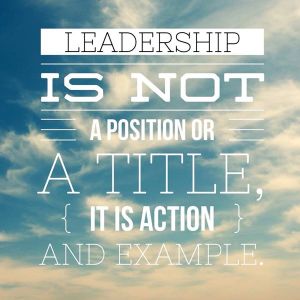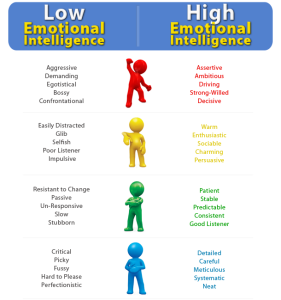You don’t have to be a supervisor to be a leader. Neither do you have to be in a very high position within a company. The best leaders are the ones who started leading even though they weren’t told to do so. If you take the initiative and assume responsibility, you will be appreciated even if your job doesn’t require you to do so. You may soon find yourself moving up the ranks.
Here are a few tips for leaders:
- Express Your Opinion. This is a key part of being a leader. Have something important to contribute to your team? Let the higher ups know. Speak up at meetings or prepare a proposal so that your ideas get heard.
- Follow Through. It’s not enough to just tell people your ideas. If they agree that your ideas are worth pursuing, you’re going to have to be the person who follows through with the suggestions. You may be tasked with putting together a team, approaching clients or drafting letters and preparing spreadsheets. Keep in mind that following through is as important as having the idea.
- Maintaining Your Team’s Morale. It’s rare to find a workplace where there are absolutely no problems. People are always going to have some complaints or feel discouraged from time to time. As a leader, you have to learn to manage people so that they keep on going. Keep in mind that rewards work better than punishments. Reward your team with praise and small tokens of appreciation from the company.
- Be a Role Model. As Gandhi said, “Be the change you wish to see in the world.” Want your team to be punctual? Come to the office on time. Want them to be enthusiastic? Stop complaining. Want them to communicate well? Take the time to talk to them about what’s going on.
Contact us for more tips on becoming a better leader in the workplace.





